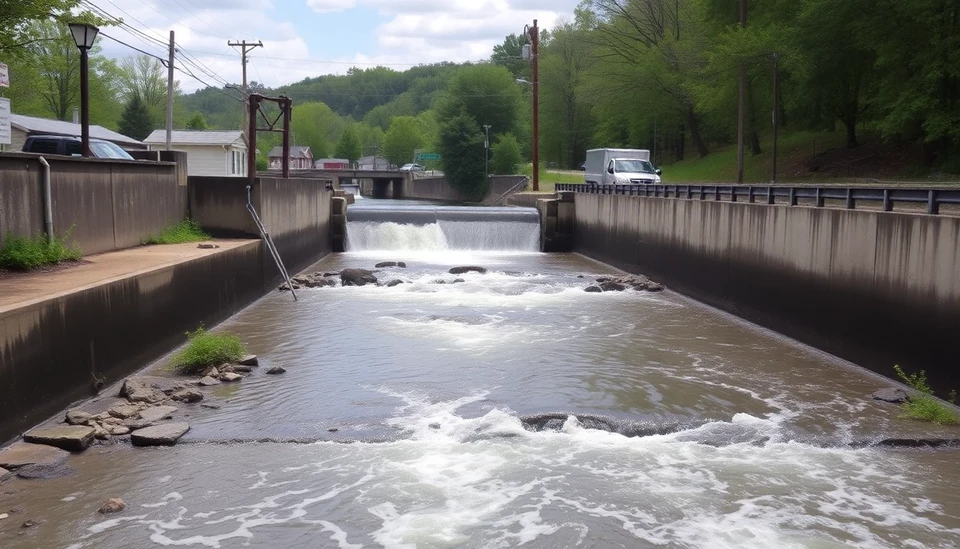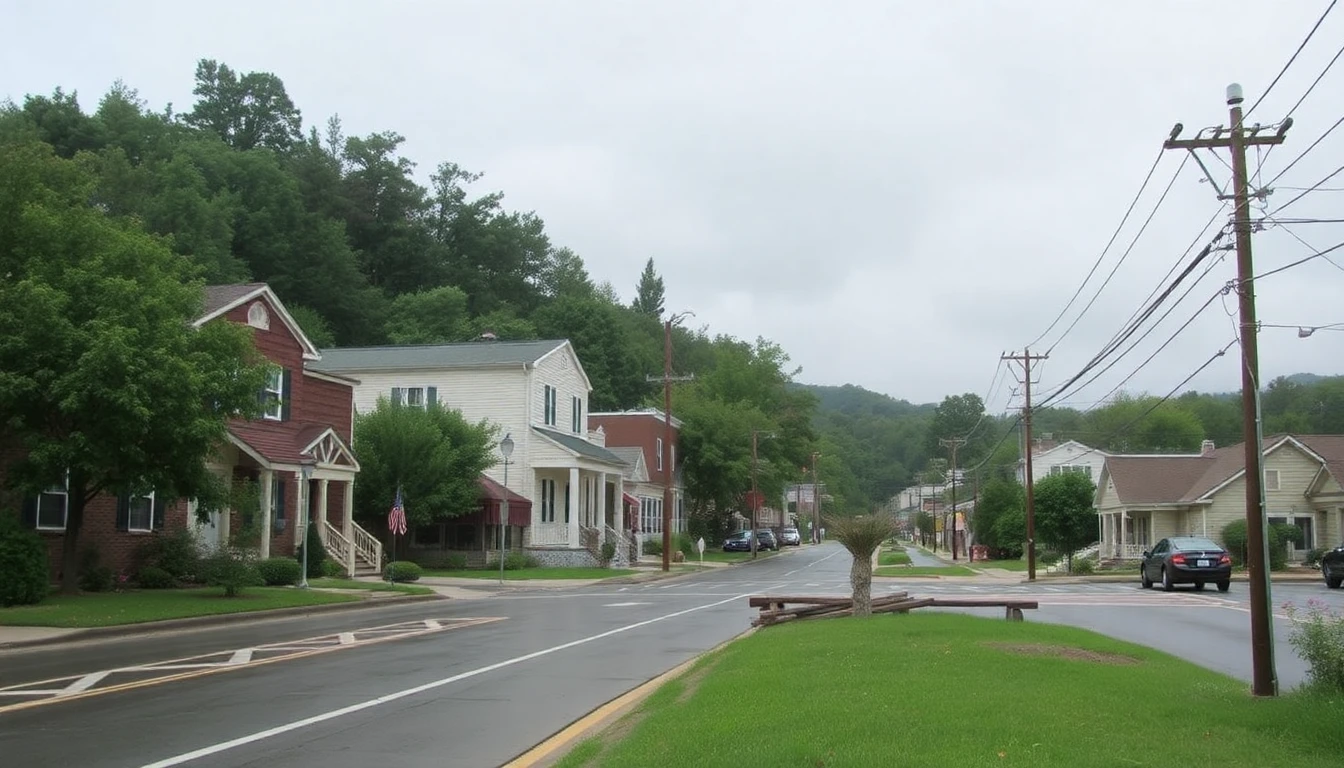
Asheville, North Carolina, recently faced a significant challenge with its water quality, sparking a broader conversation about the implications of climate change on aging infrastructure across the United States. The incident, which involved discolored and potentially unsafe water supplies, has raised urgent questions about the readiness of numerous cities to cope with the pressures of a changing climate.
The North Carolina city experienced an unusual surge in rainwater, overwhelming its storm drainage systems and leading to a situation where the quality of water drawn from local reservoirs was compromised. Residents were alerted to the presence of impurities in their drinking water, which resulted in a panic and a scramble to ensure the safety of their supplies. Officials were forced to issue advisories while the situation was assessed and remedial measures put in place.
This alarming episode is not an isolated case; instead, it highlights a repetitive pattern seen in various parts of the country, where old and often neglected water infrastructure fails to meet modern standards, especially in the face of extreme weather events exacerbated by climate change. Experts warn that the deterioration of such systems poses risks for public health and safety, a sentiment echoed by city officials and residents alike during recent town hall meetings.
Residents voiced their growing concerns over the reliability and safety of their water supply. Local leaders acknowledged that the incident has shone a spotlight on the urgent need for infrastructure upgrades, coupled with a thorough evaluation of existing systems to identify vulnerabilities. Asheville’s Water Resources Director emphasized that the city must revamp its stormwater management to adapt to rainfall patterns that are shifting due to climate impact.
Furthermore, forecasts indicate that heavy rain events are expected to become more frequent, necessitating immediate action to reinforce the resilience of urban infrastructures in Asheville and beyond. State and federal funding will be necessary to implement crucial improvements, including enhancements to both the existing water systems and the city's overall emergency preparedness plans.
The Asheville crisis illustrates the intersection of climate change and public policy. Adequate financial investment and strategic planning must go hand in hand to fortify infrastructure against potential weather-related disruptions. Local governments, alongside state authorities, are urged to prioritize infrastructure resilience in their budgeting and policy-making efforts if they aim to safeguard their communities against the evolving threats posed by climate change.
In the aftermath of the water quality issues, Asheville has begun to engage in discussions regarding how to best utilize technological innovations, such as predictive modeling and real-time monitoring systems, which could vastly improve cities' ability to respond promptly to similar crises in the future. The conversation also extends to collaborative efforts between municipalities to share resources in addressing infrastructure vulnerabilities and leveraging technology.
As cities facing similar predicaments watch closely, Asheville’s experience may serve as a cautionary tale, prompting proactive measures rather than reactive fixes. With climate-related risks increasingly becoming a part of the urban landscape, the call for robust infrastructure planning and modernization has never been more pressing.
The situation in Asheville stands as a reminder that without significant upgrades and careful planning, many American cities may find themselves unprepared for the harsher realities of climate change, potentially jeopardizing public health and safety in the process.
#Asheville #WaterCrisis #ClimateChange #Infrastructure #PublicHealth #UrbanPlanning #Resilience #EnvironmentalRisk
Author: Megan Clarke

